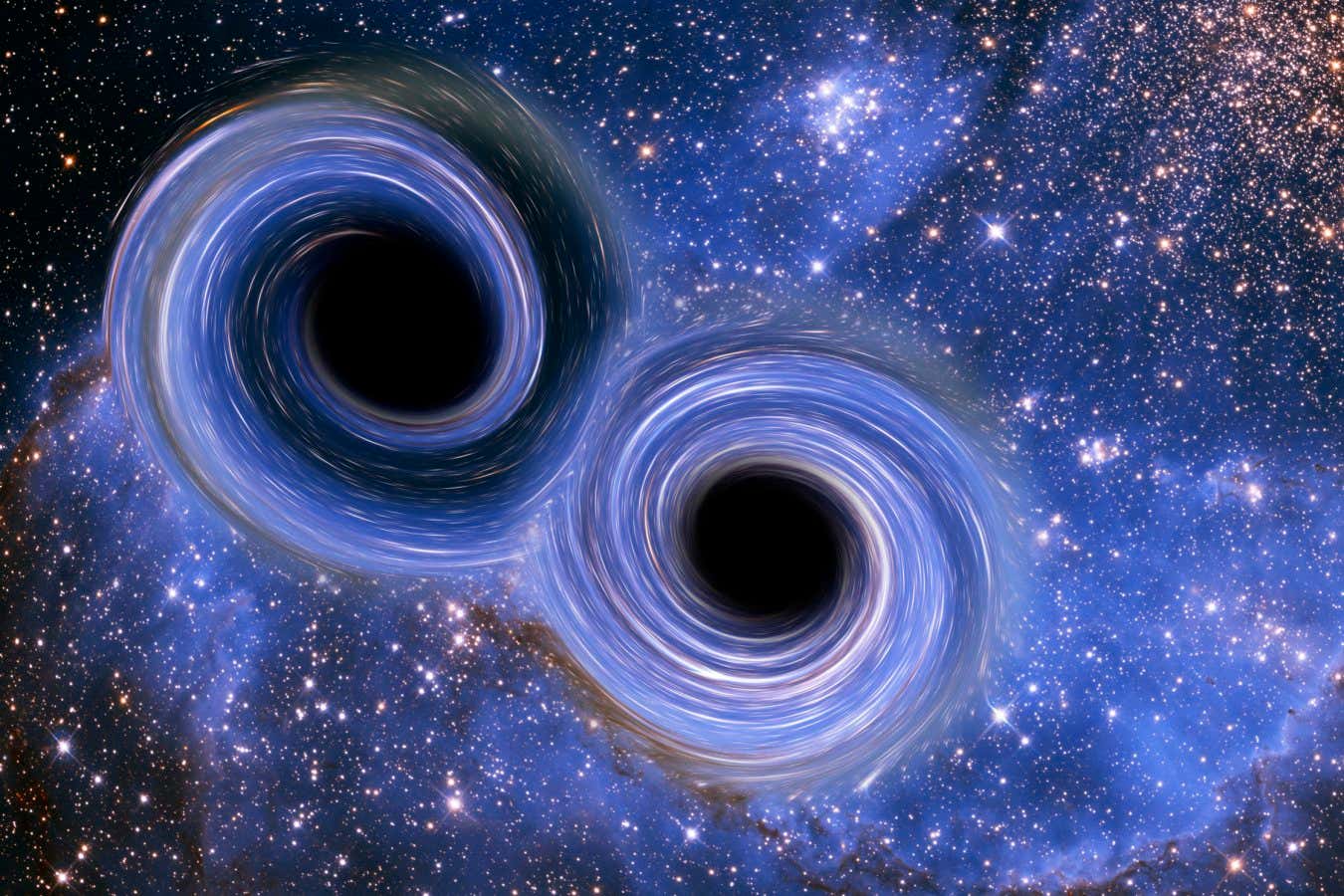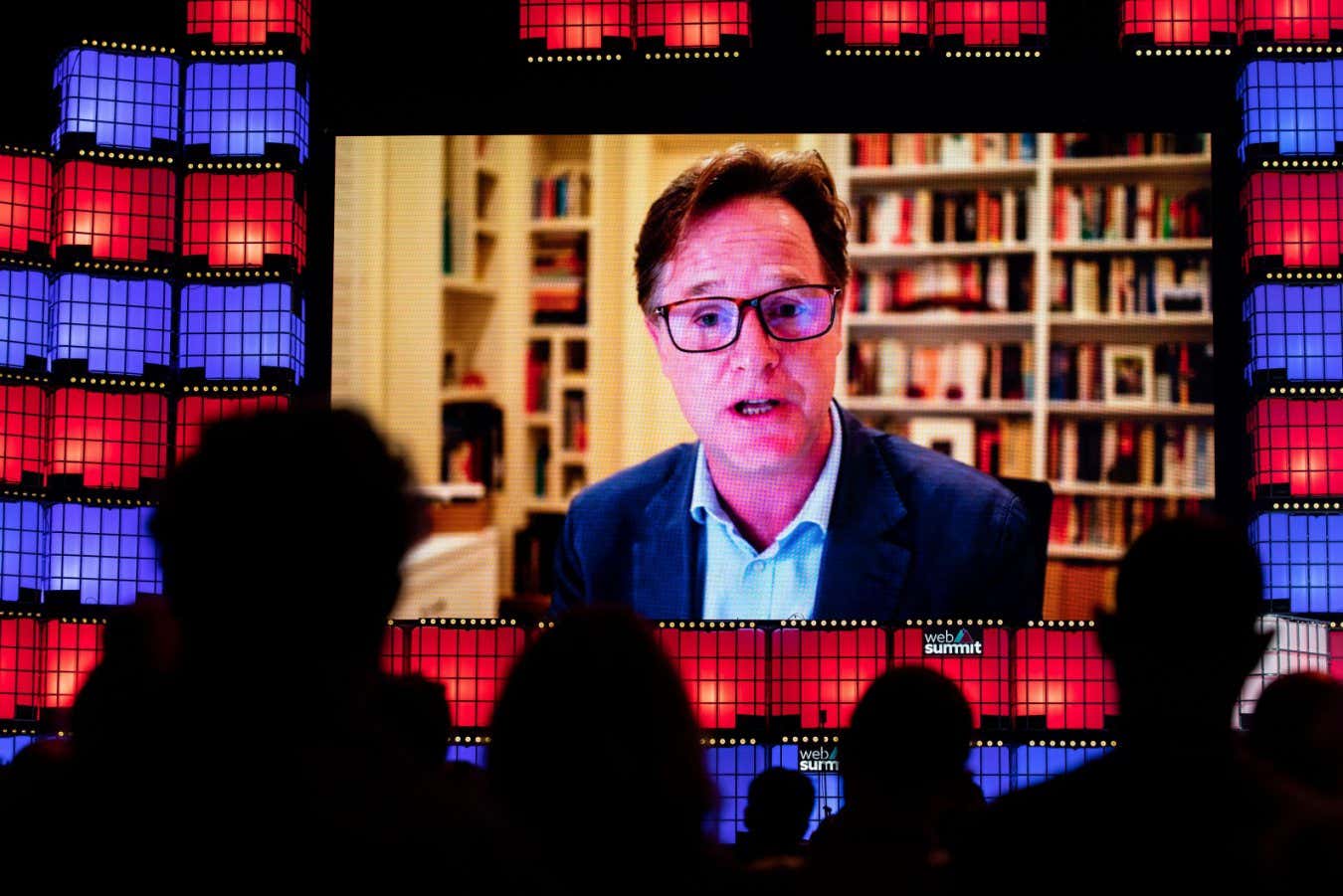We have run out of new visions of the future. This needs to change

The 20th century was a famously fertile time for visions of the future, but the 21st century has failed to inspire them in the same way. Science fiction writer William Gibson, author of the prescient cyberpunk novel Neuromancer , has called this “future fatigue”, pointing out that we barely ever make reference to the 22nd century.
One reason for this apparent stasis is that most of the ideas of the future that captured people’s imaginations in the 20th century have mutated since then. For example, plastic was billed as the material of the future. It has become an abundant material resource that is durable and versatile, just as its manufacturers promised. But as it turns out, these properties have made our use of plastic a major problem, for the environment and for our health.
The dominant images of the future that we are presented with at the moment all have long histories to them. They include space colonisation, dystopian artificial intelligence and a longing to bring back the past – but a past that never was. This makes sense given the climate anxiety and dread about the future felt by many people. The future has started to feel like it is closing off rather than opening out.
Jean-Louis Missika, a former deputy mayor of Paris, has written that “when the future is dark, people turn to an idealised past, a lost golden age. Nostalgia becomes a refuge against dangers, a cocoon against the announced declines.”
Another reason for our “stuck” images of the future is that social media feeds present users with endless images, all at once, from a wide mix of time periods. This encourages nostalgia and facilitates a constant remix of existing ideas.
It’s not that absolutely no new future visions have emerged this century – think of solarpunk, for instance, a movement based on climate hope that developed online in the 2000s on Tumblr and on blogs. But it is notable that no major, forward-looking future visions have taken root in our collective imagination since smartphones came to dominate our way of communicating.
I think about the future for a living and it is my experience that cohesive visions of desirable futures can inspire people to bring about change. They act as motivators and imagination engines. We can use them to visualise the society we want and then commit to work towards that future. Civil rights movements have long understood this. Unifying visions of the future are also effectively used in architectural renderings, ads and TV shows; Star Trek has inspired technologists for decades.
We are living through a time of transition, as we move from fossil fuels to renewables. This can feel terrifying, but can also be galvanising. There are plenty of hotspots of innovation today: look at the rise of rooftop solar energy in Pakistan, where households and small businesses are energetically embarking on the shift to renewables, or the communities around the world participating in Transition Towns by rethinking how their local economies and cultures can work.
But we lack synthesis: future thinking that assembles these innovations together into cohesive visions, puts them in a social context and then scaffolds from the present into the future.
In my new book, I look at four future visions being developed today: more-than-human futures reimagines our relationship with nature; degrowth redesigns the role of the economy; solarpunk recharges cultural innovation; and the metaverse immerses us in vivid digital worlds.
But the future doesn’t stop with these – there should be many more visions emerging. We need to seed them, grow them and see what shape they take when we tell stories of the future once again.
Sarah Housley is the author of Designing Hope: Visions to shape our future
Topics:




إرسال التعليق